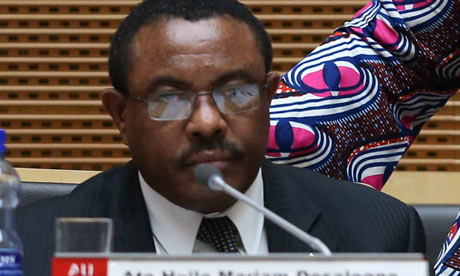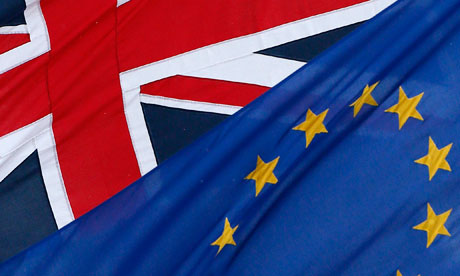PRESS RELEASE
4 June 2013 – As the EU-Russia Summit gets under way in Yekaterinburg today, 48 members of the European Parliament said they will veto the agreement for the visa-free travel for Russian officials currently under negotiation between the EU and Russia unless the EU implements Magnitsky sanctions. European parliamentarians have stated their position in a written communication to the foreign affairs ministers of all 27 EU member states.The European Parliament’s consent is required for any such EU-Russia visa agreement to come into force.
“Under current circumstances we will be unable to support any visa facilitation agreements with Russia and will advocate the Parliament to refuse its consent, unless the Council adopts an EU ‘Magnitsky law’ as proposed in the Parliament’s recommendation of October 2012,” said European parliamentarians in their letter.
The letter (http://www.donskis.lt/p/en/1/1_/1495) was signed by a number of influential members of the European Parliament, including Elmar Brok MEP, Chairman of the Foreign Affairs Committee, Edward McMillan-Scott MEP, Member of the Bureau of the European Parliament, Guy Verhofstadt MEP, former Prime Minister of Belgium, Vytautas Landsbergis MEP, Former President of Lithuania, Kristiina Ojuland MEP, former Foreign Minister of Estonia, Mario David MEP, former Portuguese Secretary of State for European Affairs, and Barbara Lochbihler MEP, Chair of the European Parliament’s Human Rights Subcommittee, among others.
The letter comes amidst the lack of reaction from the EU Council to the European Parliament’s call for sanctions on Russian officials in the Magnitsky case and other human rights violations. In the resolution adopted last October 2012 (http://www.europarl.europa.eu/sides/getDoc.do?type=TA&reference=P7-TA-2012-0369&language=EN&ring=A7-2012-0285 ), the European Parliament recommended to the EU Council to impose visa bans and asset freezes on those Russian officials who were responsible for Sergei Magnitsky’s false arrest, torture and death, as well as other gross human rights abusers from Russia. In the eight months since that resolution was passed, the EU Council has taken no action.
In the meantime, the European Council has begun active negotiations with Russia to allow visa-free travel for Russian government officials within the EU under demands from Russia. Given that under this agreement, the same persons who were responsible for Sergei Magnitsky’s death, as well as other gross human rights abuses would be provided visa-free travel in the EU, the European parliamentarians felt compelled to use their veto power over the proposed EU-Russia agreement to prevent Russian human rights abusers from slipping into Europe through this visa waiver program.
This development follows reports last week from an EU source(http://euobserver.com/foreign/120333) indicating that the EU leadership will bow to Russian pressure and back down from calling for justice in the Magnitsky case. The EU source stated that the torture and killing of the young whistle-blowing Russian lawyer is a matter of Russia’s “internal legal system.” The position espoused by an EU official comes in contradiction to the OSCE/Helsinki human rights protocols signed in the 1980s by both Russia and EU member states, which specifically assert that human rights is a matter for the legitimate international concern, and is not to be viewed as an internal matter of each state.
For further information, please see:

